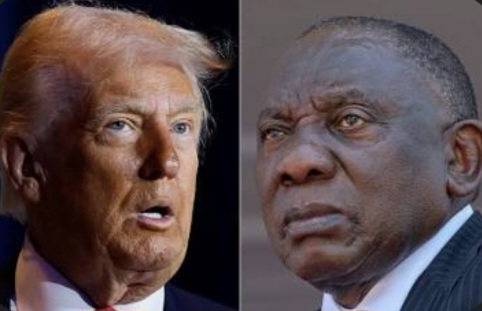U.S. and South African groups are taking concrete steps to support Afrikaners—descendants of mostly Dutch settlers—after President Donald Trump suggested they could seek refugee status in the United States.
On Friday, Trump again criticized the South African government on Truth Social, accusing it of land seizures and violence against white farmers, many of whom are Afrikaners.
The State Department confirmed that the U.S. Embassy in Pretoria has begun reviewing refugee inquiries and is scheduling informational interviews with interested individuals. While no official numbers have been released, the South African Chamber of Commerce in the U.S. reported over 67,000 expressions of interest.
Several South African groups have traveled to Washington to seek U.S. support, including AfriForum, the Cape Independence Advocacy Group, and the Orania Movement. Orania, a growing Afrikaner settlement in the Karoo, is not seeking refugee status but rather recognition from the U.S. to support its push for autonomy in South Africa.
Joost Strydom, Orania’s CEO, emphasized the group’s desire to maintain their homeland and cultural identity, stating they want recognition, not financial aid.
Orania, founded in 1988, has developed its own infrastructure, schools, and economy. It is seeing steady population and business growth, and plans to open its own university. The group credits Trump’s recognition of Afrikaners with inspiring their U.S. outreach.
The South African government has dismissed these groups as unrepresentative of the broader population. Still, the Trump administration has signaled support, with a State Department spokesperson citing an executive order focused on holding South Africa accountable for alleged racial discrimination and prioritizing humanitarian assistance for Afrikaners.
Hanli Pieters, an educator in Orania, described the settlement as a place where Afrikaners can live freely and safely while preserving their cultural heritage.
The South African government has yet respond on the matter.














